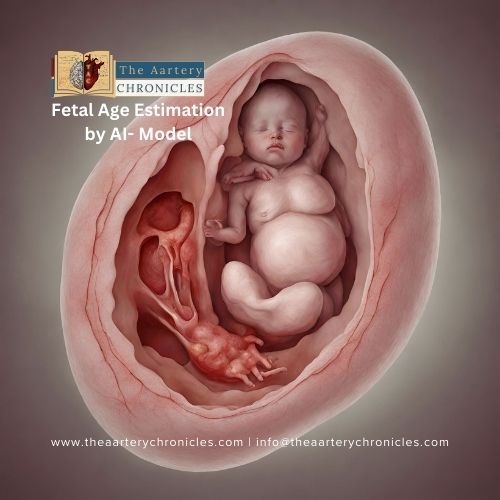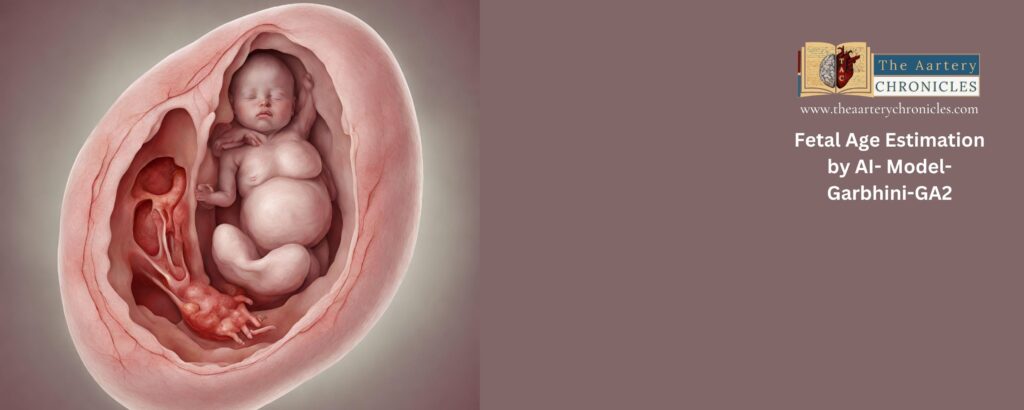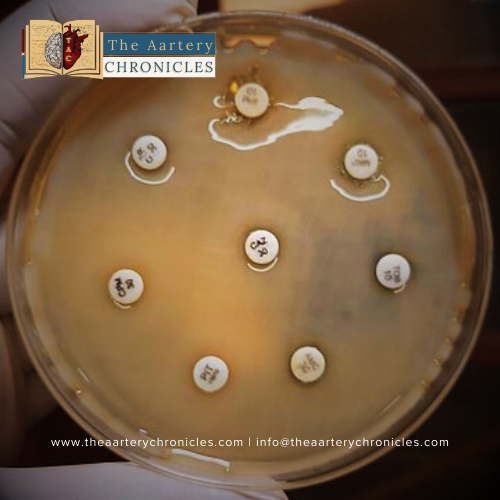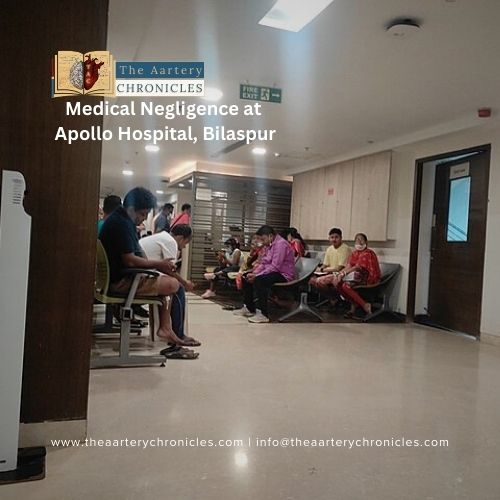

Garbhini-GA2: Revolutionizing Fetal Age Estimation for Maternal Health
Garbhini-GA2: An AI breakthrough by Indian scientists, revolutionizing fetal age estimation to reduce maternal and infant mortality risks.
Indian scientists have developed a pioneering AI model named Garbhini-GA2, designed to accurately estimate fetal age. This breakthrough holds significant promise in reducing the risks associated with maternal and infant mortalities across the country.
Originating from a collaborative effort led by researchers at IIT Madras and Translational Health Science and Technology Institute (THSTI), Faridabad, the Garbhini-GA2 model addresses critical concerns highlighted in a Lancet Regional Health Southeast Asia publication. The study uncovered discrepancies in existing ultrasound formulas, often leading to erroneous assessments of preterm babies, consequently impacting maternal and neonatal care.
Utilizing biometric predictors measured in pregnant women at Gurugram Civil Hospital, Haryana, during the second and third trimesters, the Garbhini-GA2 model was developed. Subsequently, the data underwent rigorous external verification at Christian Medical College, Vellore. Results demonstrated a remarkable improvement, with the model reducing estimation errors by nearly threefold, as highlighted by THSTI distinguished professor Shinjini Bhatnagar, a principal investigator of the project.
The significance of accurate fetal age estimation cannot be overstated, particularly in a country where the preterm birth rate stands at 13 per 1,000 live births. Preterm births, defined as deliveries occurring before the 37th week of gestation, require precise management to ensure optimal maternal and neonatal outcomes.
Associate professor Himanshu Sinha from IIT-M’s Department of Biotechnology, another key figure in the study, emphasized the challenges posed by existing formulas, predominantly derived from data of Caucasian populations. These formulas often yield underestimated dates for many Indian women, particularly in the second and third trimesters where factors like genetics, nutritional health, and access to medical care significantly influence fetal growth.
The Garbhini-GA2 model presents a possible answer to these issues by providing more accurate pregnancy dates and identifying high-risk pregnancies sooner. These advancements could enhance the care provided by doctors specializing in childbirth and newborn care, potentially lowering the rates of mothers and infants passing away in India.
The research, backed by the Department of Biotechnology, highlights a coordinated effort to reduce the high rate of premature births in India. As part of future endeavours, the study’s findings will undergo validation in prospective pan-India cohorts before integration into clinical practice, as outlined by DBT secretary Rajesh Gokhale.
Source: Inputs from various media Sources

Priya Bairagi
- Medicine
- Nutrition And Diet
Lorem ipsum dolor sit amet, consectetur adipiscing elit. Ut elit tellus, luctus nec ullamcorper mattis, pulvinar dapibus leo.












